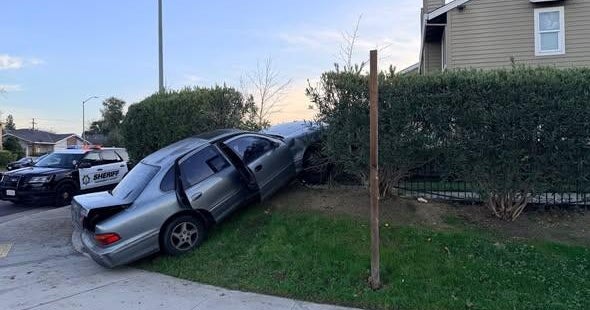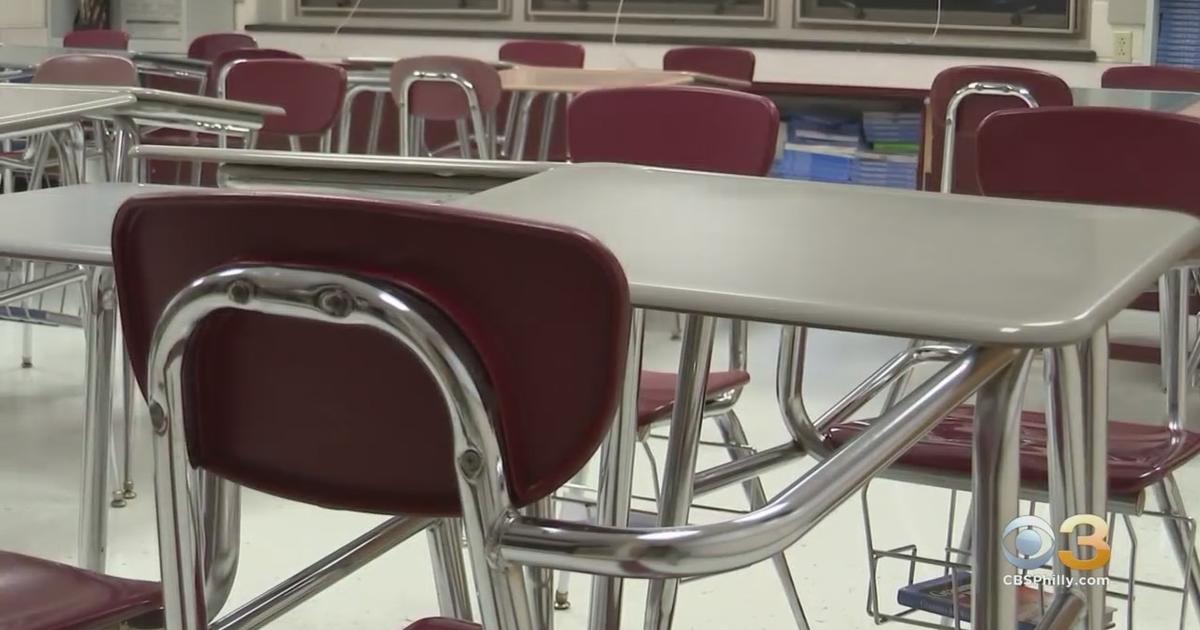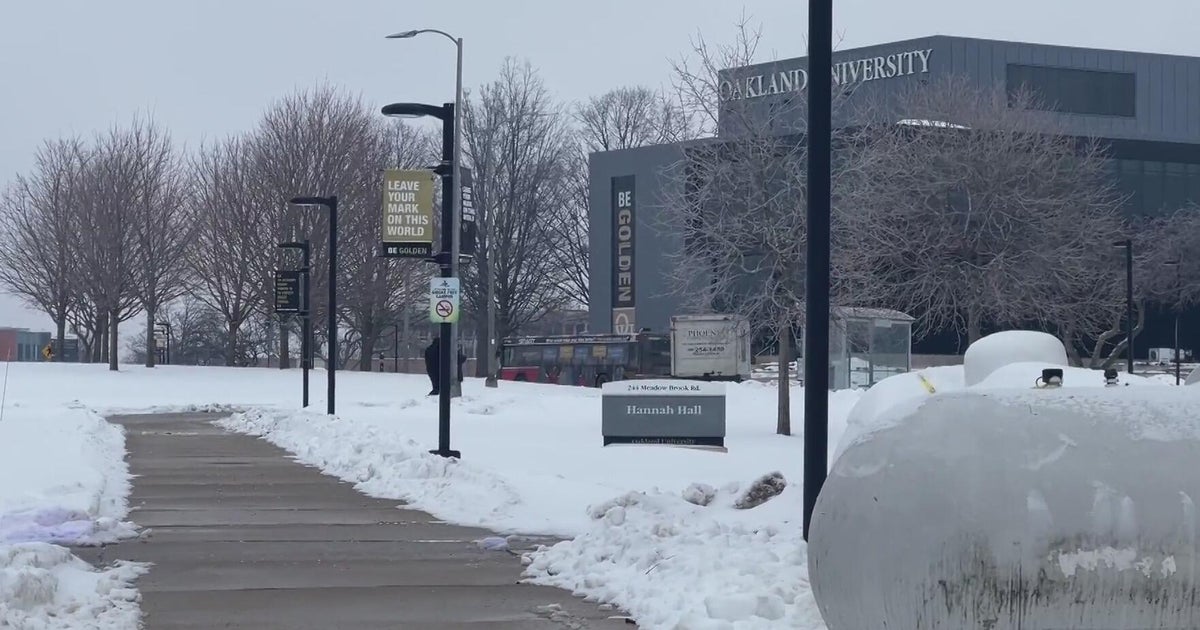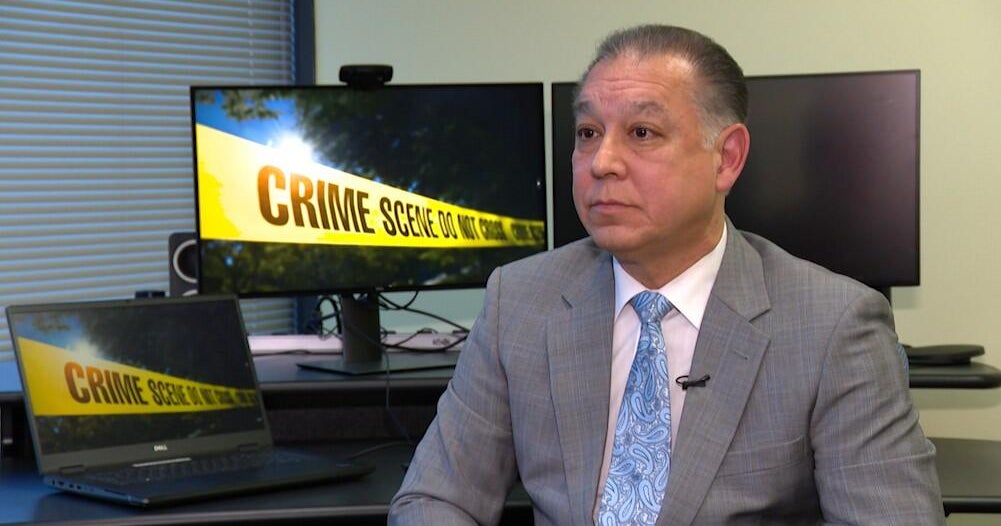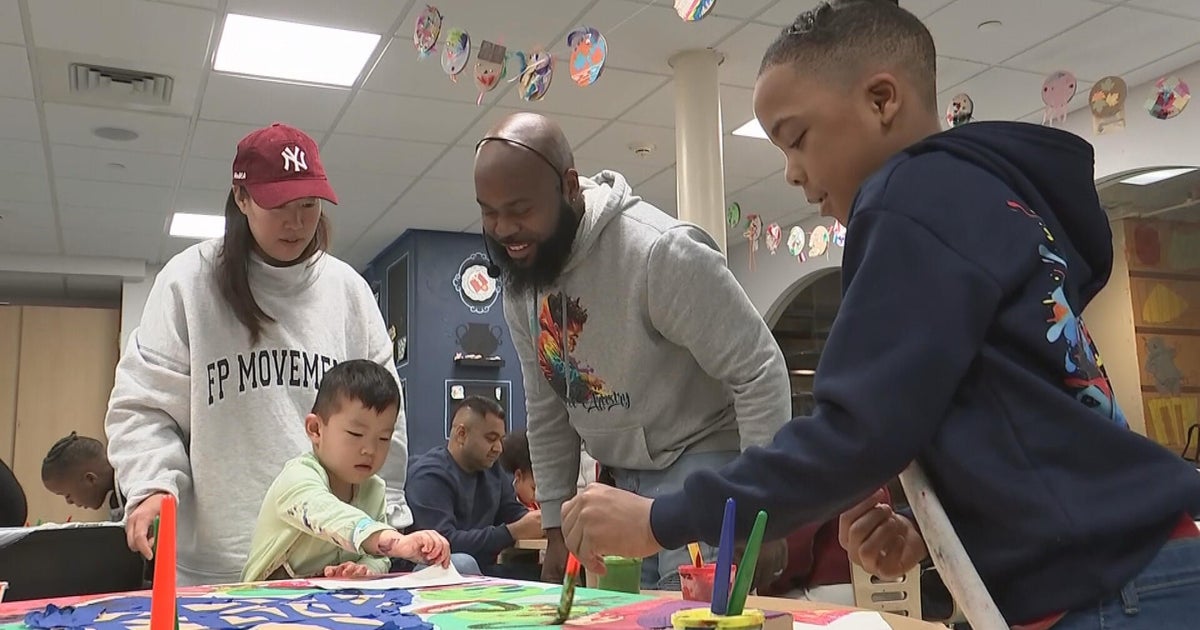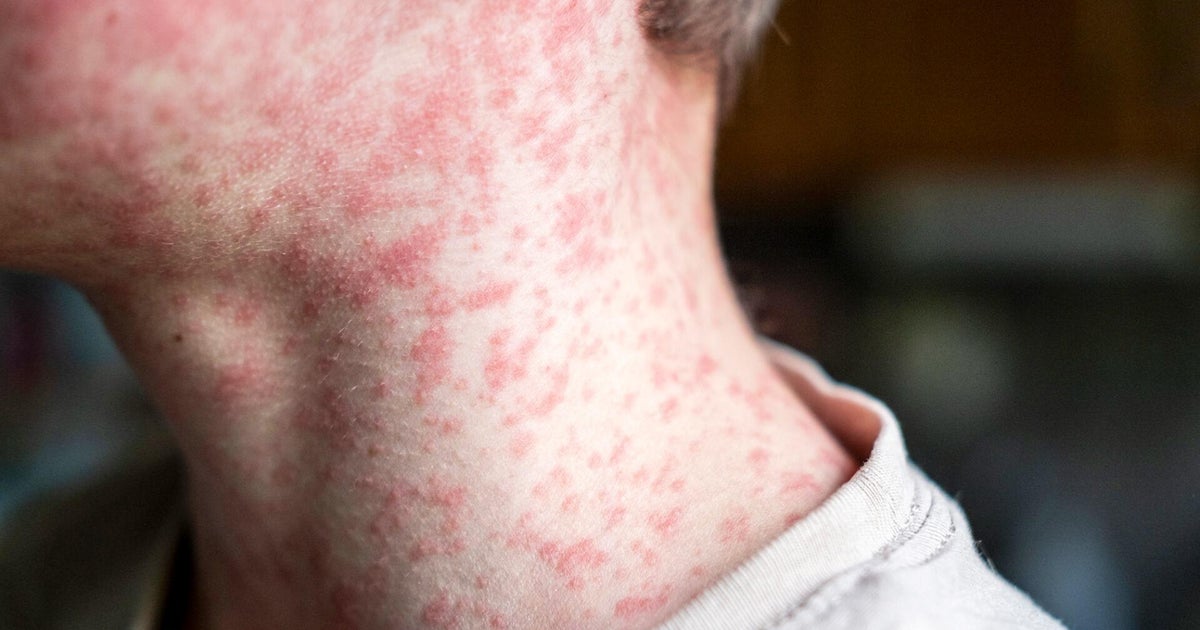Chances Of Surviving A Missile Attack May Be Higher Than You Think
PHILADELPHIA (CBS) -- When Hawaii's emergency management mistakenly sent out a missile alert Saturday, panic ensued.
From children climbing into manholes to families huddling in bunkers, for 40 minutes, there was widespread mayhem, until the state sent a second alert, confirming it was a false alarm.
"I think it's very human to be terrified in a situation where you don't have a plan," said Eric Y. of University City.
The governor has since apologized, assuring residents it won't happen again. But, would you be ready if it actually did?
"I don't think anyone's ever ready for that," said Jaimi Levy of Center City.
The Texts Loved Ones Sent During The Hawaii Missile Alert Mishap
The good news? Your chance of survival may be higher than you think.
"We've identified a couple of key strategies that could save a lot of lives," said Brooke Buddemeier, a physicist who studies radiation safety. He says nuclear detonation would destroy buildings within a half mile of the blast, but about a mile out, lives could be saved.
From the time of the blast, Buddemeier says you have 15 minutes to avoid radioactive fallout, the particles that make their way back to earth.
So, where would you go? What would you do?
"First reaction as a mom is to get your kids close and get your family close. Try to calm them down," said Brett Jaycox in town from Puerto Rico.
"I'd try to head to a place that was low to the ground or behind some thick walls," said Eric Y.
Hawaii Officials Mistakenly Warn Of Inbound Missile
Experts say the worst place is outside or in a car. And while a basement is best, Buddemeier says the middle of a building is also a safe bet.
So, where does that leave us?
"I think it's important for people to be educated," said Jaycox.
"We just have to get prepared and hope it never happens," added Levy.


